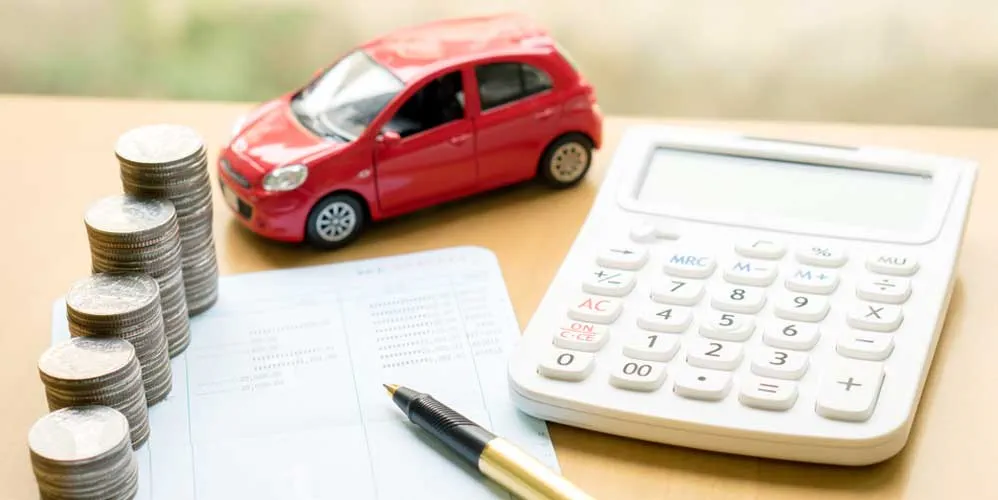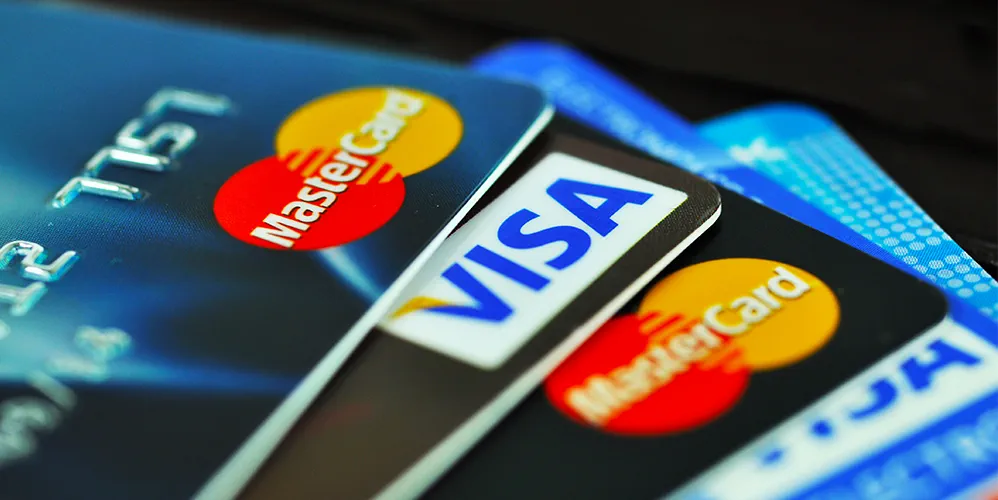
How to Claim Car Loan Tax Exemption ? | Bank of Baroda
15 May 2019

How to Claim Car Loan Tax Exemption? | Bank of Baroda
Introduction:
Cars are considered a luxury product in India and many people avail loans to purchase their dream cars. But did you know that you can avail car loan tax benefit?
Yes, you read that right. Much like the education and home loan, car loan benefits in income tax. While cars purchased for personal use may not have car loan tax exemption, if you are a self-employed professional or business owner using the car for business purposes, you can claim exemptions. Loans on personal use cars are not eligible for tax exemption as cars are considered luxury products.
However, if you are a businessman/ woman and have taken a loan to buy a car for your business, you can claim the interest you pay as business expenses. The interest you pay in a year towards your car loan can be deducted from your taxable income. Apart from the interest deduction from taxable income, you are also eligible to claim tax benefits on the depreciation of your vehicle.
How to claim car loan benefits in income tax
In simple terms, if you are a business or are self-employed and you take a loan to buy a car for your business, you are eligible for tax deductions. How does tax rebate on car loan work?
For example, you own a business and have taken a loan for a car for your business. For this, you take a loan of Rs15 lakh at 12% for a year. Now let us assume your total taxable income, from your business, is Rs 25 lakh. You can then deduct 12% of Rs 15 lakh (Rs1.8 lakh) from your taxable income while filing your tax returns.
So when you are claiming tax rebate on car loan, deduct the interest you have paid towards your in that year from your taxable income. The interest paid can be added as a business expenditure.
There are other ways to save taxes on car purchase, even if you have not sought a loan to buy the car. You can do so by showing your car as a depreciating asset for your business. You can add the depreciation as a business expense, too. The upper limit for depreciation is set at 15 % in a year.
Conclusion
For salaried individuals buying car for personal use, there is no car loan tax benefit. However, self-employed individuals or businesses can claim tax deductions for loan on car used for business purposes. While availing these tax benefits be sure that the car is being used for legitimate business purposes.
Popular Articles
Guide to Getting Agriculture Loan: Application, Eligibility & Required Documents
Related Articles



What is CVV on a Debit Card? Understanding Its Importance and Security Features


How to Update Your FASTag KYC: Step-by-Step Guide for Online & Offline Methods





-
Disclaimer
The contents of this article/infographic/picture/video are meant solely for information purposes and do not necessarily reflect the views of Bank of Baroda. The contents are generic in nature and for informational purposes only. It is not a substitute for specific advice in your own circumstances. Bank of Baroda and/ or its Affiliates and its subsidiaries make no representation as to the accuracy; completeness or reliability of any information contained herein or otherwise provided and hereby disclaim any liability with regard to the same. The information is subject to updation, completion, revision, verification and amendment and the same may change materially. The information is not intended for distribution or use by any person in any jurisdiction where such distribution or use would be contrary to law or regulation or would subject Bank of Baroda or its affiliates to any licensing or registration requirements. Bank of Baroda shall not be responsible for any direct/indirect loss or liability incurred by the reader for taking any financial decisions based on the contents and information mentioned. Please consult your financial advisor before making any financial decision.
How to Buy a Mobile Phone on EMI Using a Debit Card
Did you know that it is possible to buy a mobile phone on EMI? Yes. It’s possible. All you need is a pre-approved customer to avail ‘On The Fly Debit Card EMI’ by Bank of Baroda, and the smartphone of your choice can be yours.
Buying a phone can be a costly affair these days. Some smartphones are expensive and we often have to end up saving to make the purchase or delay our purchase until we have sufficient funds. But now, with EMI offers on debit card, buying electronic goods and gadgets is easier than ever.
So, what are you waiting for? Go ahead and buy the smartphone on EMI using your Bank of Baroda debit card.
How does this process work?
Buying a smartphone on EMI using a debit card is simple and hassle-free process. Here’s how you can go about it
Debit Card EMI is live on 2 lakh+ POS devices of Pine Labs on reputed merchant outlet to buy the smartphone of your choice.
Choose your smartphone and proceed to make the payment using Bank Of Baroda debit card.
Select the EMI tenure between 3 months to 18 months.
Proceed to complete the payment.
The bank will process the conversion of your payment into regular EMIs
Your transaction is complete.
Features & Advantages
Buying your dream smartphone using Debit Card EMI is now easy, convenient and comes with a host of features. Check the list below to know more
Easy, accessible and convenient to use
Zero processing fees
No paperwork
Transactions up to Rs. 50,000 can be converted into easy EMIs
Users have access to over 100 brands, across 2 Lakh merchant outlets
Cashback Upto 16% is available on Brand EMI transactions
Rate of interest applicable is 16% p.a.
EMI by debit cards is an easy, convenient and affordable solution for buying high-value products, especially when you’re on a budget.
As more people make use of this facility to pay for smartphones and other electronic gadgets, EMI on debit card is rapidly evolving for affordability solution.
How to Get a Car Loan?
Now that you have zeroed in on your dream car after test driving a few of them, you probably cannot wait any longer to buy it. Now the next obvious question is, what are your financial options for buying the dream car? For many of us, a car loans seems like a comfortable financial option to consider, given that it leaves cash liquidity intact and you can get a car loans in easy EMI options at affordable interest rates, so it does not pinch your pocket much. Here’s a guide on what to do next!
First things first. Check if you are eligible for a car loans. Once you know you meet the eligibility criteria, it speeds up the process of getting a loan approved.
Am I eligible for a car loan?
Each bank has its own criteria for car loans. It could be minimum annual income or minimum years of employment among others.
For example, Bank of Baroda provides up to 90% financing for the said category of borrowers-
Salaried Employees
Businessmen, professionals and farmers
Directors of Private and Public Limited companies, Proprietor of Proprietorship Firms, partners of Partnership Firms.
Corporates (Partnership, private Limited, Public limited and Trust)
NRIs/PIOs
What are the documents required for a car loan?
Though documents required may vary from bank to bank, but most commonly, banks ask for the documents mentioned below along with the loan application form-
For Proof of identity, one of these documents van be produced:
Passport
Driving license
Latest three months old credit card statement.
Salary slip
Income tax assessment order
Utilities like electricity bill, landline bills-not older than 6 months.
Bank statement
Letter from employer/public authority (should be validated by bank)
iVoter ID card
Retired government employees can produce pension payment orders
Registered leave and license agreement or sale deed or lease agreement.
Please note, every time there is a change of address or change in any other detail furnished to the bank, the applicant will need to immediately notify it to the bank along with updated document proofs.
Proof of income:
Bank statement of the last three to six months
Salary slip and form 16 (for salaried persons)
Income tax returns (for self-employed persons)
Margin
Lenders require you to pay a portion of the price of the car, also called the margin, as the lender pays the rest, which becomes your loan value. In case of Bank of Baroda, the margin is 10% on the ‘on the road’ price of the car.

